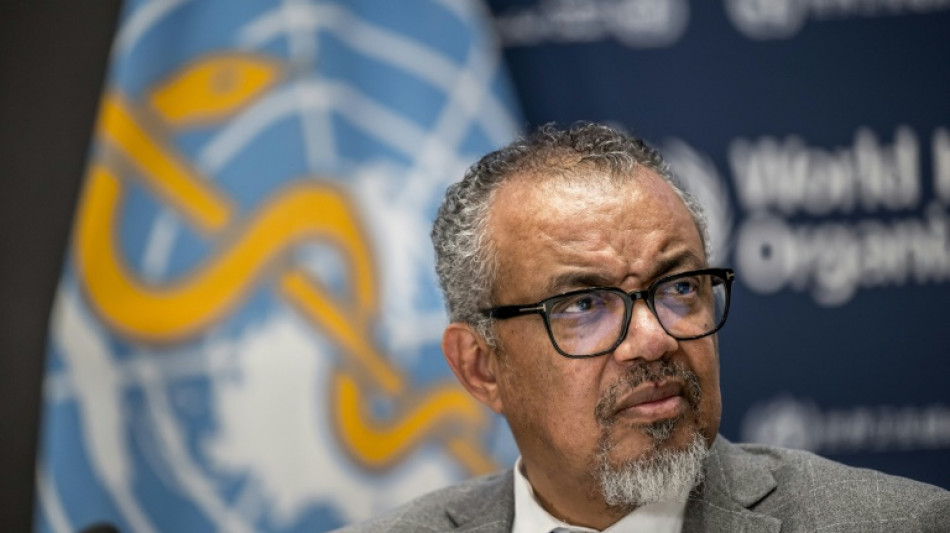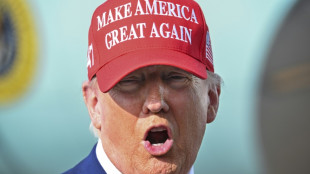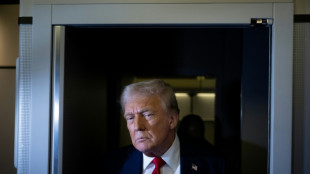

WHO must cut budget by fifth after US pullout: email
The World Health Organization has proposed slashing a fifth of its budget following the US decision to withdraw, and must now reduce its reach and workforce, its chief said in an internal email seen by AFP on Saturday.
The WHO is facing an income gap of nearly $600 million in 2025 and has "no choice" but to start making cutbacks, WHO Director-General Tedros Adhanom Ghebreyesus said in the message sent Friday to the UN health agency's staff.
Besides announcing the US pullout from the WHO after returning to the White House in January, President Donald Trump decided to freeze virtually all US foreign aid, including vast assistance to health projects worldwide.
The United States was by far the WHO's biggest donor.
"Dramatic cuts to official development assistance by the United States of America and others are causing massive disruption to countries, NGOs and United Nations agencies, including WHO," Tedros said in his email.
He said that even before Trump triggered the one-year process of withdrawing from the WHO, the organisation was already facing financial constraints.
"The United States' announcement, combined with recent reductions in official development assistance by some countries to fund increased defence spending, has made our situation much more acute," said Tedros.
"While we have achieved substantial cost savings, the prevailing economic and geopolitical conditions have made resource mobilisation particularly difficult.
- WHO budget cut -
Last month, the WHO's executive board reduced the proposed budget for 2026-2027 from $5.3 billion to $4.9 billion.
"Since then, the outlook for development assistance has deteriorated, not only for WHO, but for the whole international health ecosystem," said Tedros.
"We have, therefore, proposed to member states a further reduced budget of $4.2 billion -- a 21 percent reduction from the original proposed budget."
In the body's last two-year budget cycle, for 2022-23, the United States pitched in $1.3 billion, representing 16.3 percent of the WHO's then $7.89 billion budget.
Most of the US funding was through voluntary contributions for specific earmarked projects, rather than fixed membership fees.
"Despite our best efforts, we are now at the point where we have no choice but to reduce the scale of our work and workforce," said Tedros.
"This reduction will begin at headquarters, starting with senior leadership, but will affect all levels and regions," he told staff.
- Impact on lives -
Earlier this month, Tedros asked Washington to reconsider its sharp cuts to global health funding, warning that the sudden halt threatened millions of lives.
He said disruptions to global HIV programmes alone could lead to "more than 10 million additional cases of HIV and three million HIV-related deaths".
The WHO is conducting a prioritisation exercise, to be completed by the end of April, to focus its efforts on core functions.
Since taking office in 2017, Tedros has made it his mission to reform the organisation's finances and put them on a more secure and predictable footing.
To overcome the risk of relying on a handful of traditional major nation-state donors, the WHO now also seeks philanthropy and public donations.
T.Bastin--JdB



